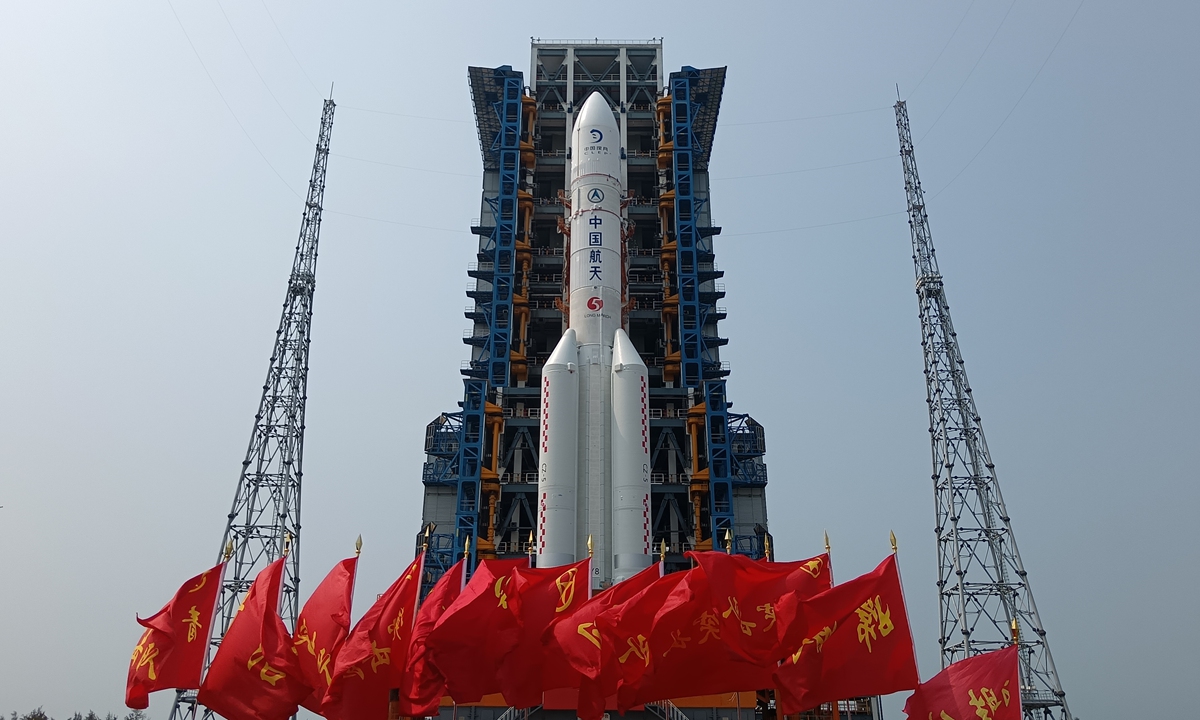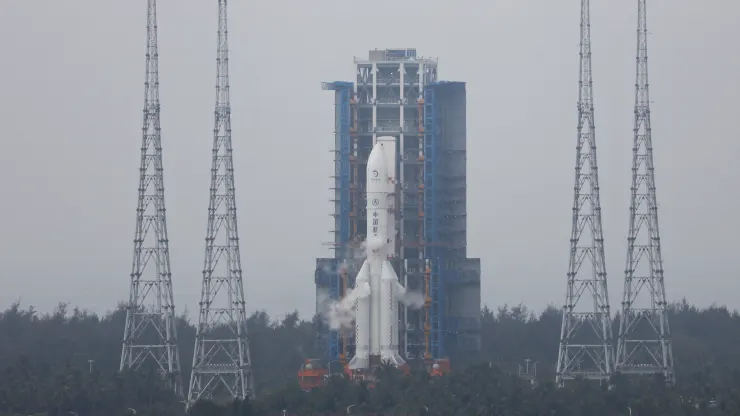
China launched the first batch of its “Thousand Sails” internet satellites on Tuesday, aiming to rival Elon Musk’s Starlink. The constellation, planned to comprise more than 15,000 low-Earth orbit (LEO) satellites, is set to provide global internet coverage. A Long March 6A carrier rocket delivered the initial 18 satellites into space from the Taiyuan launch center in Shanxi Province, a mission the Chinese Academy of Sciences deemed a complete success.
By 2025, China plans to deploy 648 satellites in the first phase to establish a global internet network, as reported by state media CCTV. This effort positions China’s LEO constellation alongside notable projects like SpaceX’s Starlink and OneWeb, owned by European firm Eutelsat.
This launch highlights China’s substantial space ambitions and its intent to challenge U.S. dominance in the sector amid escalating technological competition between the two countries. Previously, China completed the BeiDou network in 2020, a global navigation system designed to rival the U.S. Global Positioning System (GPS).

Eduardo Baptista | Reuters
Additionally, China’s space endeavors include the recent return of the Chang’e-6 lunar probe, which brought back the first-ever samples from the far side of the moon, and plans for its first crewed mission to Mars in 2033.
Featured Image courtesy of Global Times
Follow us for more updates on China’s internet satellites.
